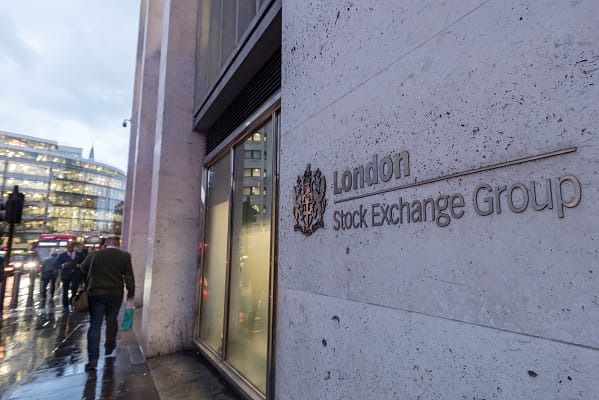To revive the London Stock Exchange, Shadow Chancellor Rachel Reeves must unveil tax incentives for pre-IPO enterprises as she prepares for the general election, says former World Bank Governor Yerbol Orynbayev.
The intervention from the former Deputy Prime Minister of Kazakhstan follows reports that the number of companies listed in the UK’s capital has shrunk by 25% in the last decade (Bloomberg).
Homegrown success stories like Arm have opted to list on the New York Stock Exchange, and titans like Shell – a mainstay of the FTSE 100 – are also considering moving across the pond (The Telegraph).
To address the LSE’s decline, the UK’s financial regulator, the Financial Conduct Authority (FCA), has decided to change its listing rules in a bid to boost IPOs (Bloomberg).
The incumbent Chancellor, Jeremy Hunt, similarly rolled out the British ISA to draw the public to invest in London-listed firms – and even considered requiring pension funds to disclose their allocations to UK asset classes (Bloomberg).
Orynbayev, however, believes these efforts are too little too late.
Yerbol Orynbayev said: “The issues that have led to the stock exchange’s downfall are too deeply ingrained to be fixed by reactive measures. With Brexit and the UK’s economic underperformance leading the charge, outward-looking regulatory changes will only scratch the surface. While it might seem obvious, the LSE’s renaissance will have to come from its root – UK businesses. That’s exactly why Shadow Chancellor Rachel Reeves, especially as Labour gears up for the general election, should be looking at ways to incentivise businesses to stay.
“The most obvious incentives are tax-related. If Reeves offers tax grants and cuts to pre-IPO enterprises, shareholders and parent companies will be less keen to relocate, and the culture of domestic listing, which has been declining since the 1980s, could be reinstated. More listings will bring funds back to London – and the LSE’s reputation in the domestic market could see a drastic turnaround.”
Of course, Yerbol also believes the LSE will have to shift its undervaluation problem. Recent bidding battles have proven this to be the case: logistics firm Wincanton has been offered bids 104% more than its old share price of 297p (The Guardian). More recently, engineer TClarke has been taken over for approximately £90.6 million, marking its exit from the stock exchange. Its directors have criticised the London market for undervaluing the business (This is Money).
Orynbayev continued: “With the LSE’s undervaluation issue, it’s no surprise firms are considering leaving the stock exchange. While businesses will need to be at the forefront of the stock exchange’s revival, there’s no chance they’ll be willing to partake if the LSE does not change its ways. London has to remain competitive in the global market – investors have to be drawn to the capital once again.”
Since Brexit, the UK’s status in the global market has suffered. The Office for National Statistics recently revealed that last year, the UK’s exports to both EU and non-EU countries fell by £11.5 billion and £5.9 billion, respectively. Moreover, the UK’s Direct Foreign Investment (FDI) inflows have also waned: 2022’s figures of $14.1 billion USD were less than a fifth of the average sum in the three years before the COVID-19 pandemic (Bloomberg). Foreign investment has collapsed. The UK appears to no longer be an attractive place to conduct business.
To mend this chasm, especially as economic performance improves, Yerbol believes it is crucial the Government takes a leaf out of the US’ regulatory handbook – and mimics strategies that appeal to large enterprises.
Orynbayev concluded: “With the general election nearing and enterprises leaving, the UK needs to reinstate its position in the international market. To do that, they need to look at what makes their American neighbours so popular and follow their lead.
“Rachel Reeves must establish pro-market regulation and competitive labour regulation for all enterprises looking to make the UK their home. Constant CMA probes into big tech and changes to the skilled worker visa have put large firms, especially the technology giants of this world, off. As made clear by Rishi Sunak’s International Technology Strategy, the UK has clear ambitions, realised or not, and needs to undergo a wholesale regulatory makeover to become an attractive business hub once again.
“Action is needed to get the country back onto the global podium. Reeves must take the reins of the situation and take the necessary steps to revive the London Stock Exchange.”






Leave a Comment